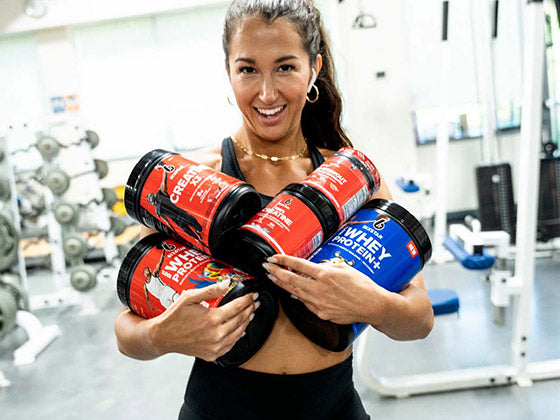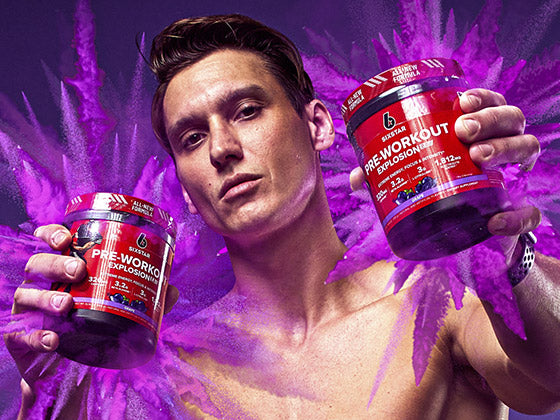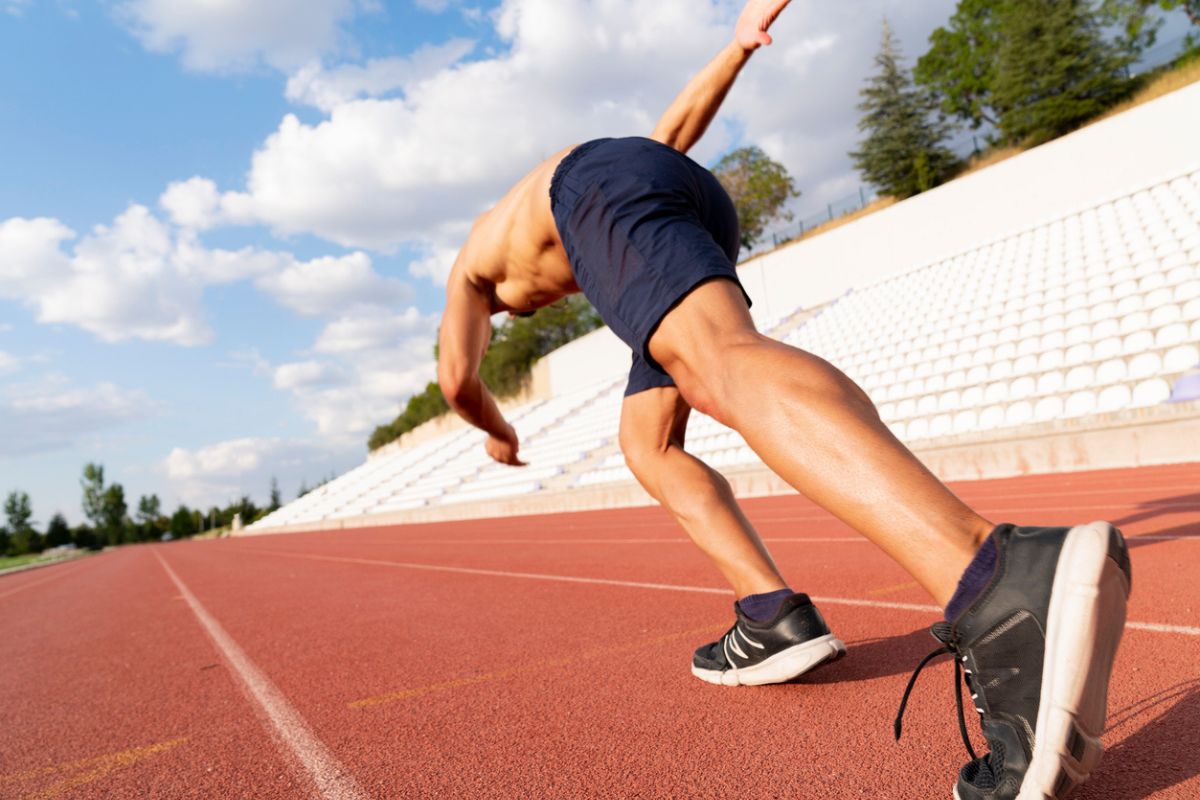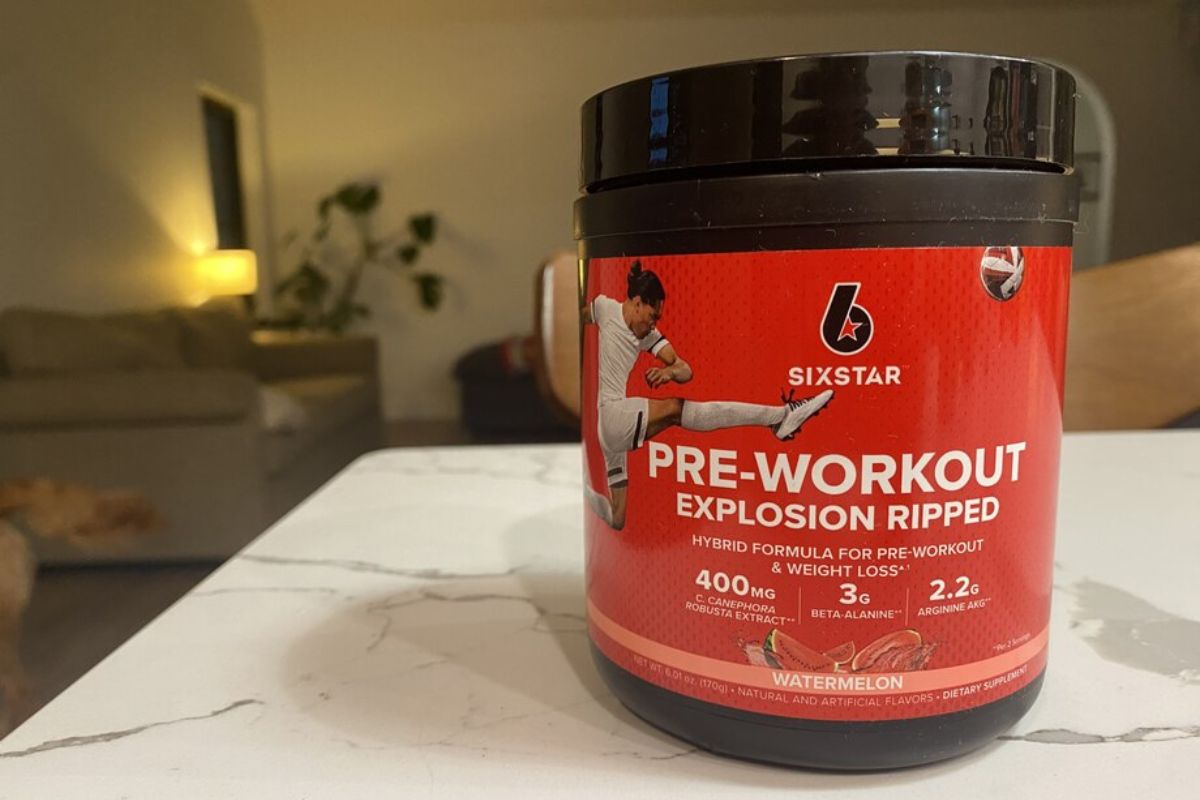You might have seen a variety of electrolyte drinks on the shelves of a supermarket in neon colors. These bottles are filled with promises of increased physical performance, workout recovery and stamina. You may have no idea of what electrolytes are or what they do. In this blog we will try to get into the nitty-gritty of these drinks.
Table of content
What is an Electrolyte?
Electrolytes are minerals that when dissolved in water are important for various metabolic processes in a human body. Cells need electrolytes to conduct electric charges (Yes! Positive and Negative) to maintain the smooth functioning of internal systems. These minerals play a role in energy production, muscle control, heart rhythm and supporting brain control.
As you may have realized by now that electrolytes are a BIG DEAL!! They are found in almost all the cells and fluid in the body. Luckily, we get electrolytes through food and drinks that we consume and lose it through sweat and urine.(1)
Here are 6 important electrolytes that help our body to carry out daily functions at optimum levels:
- Chloride
- Calcium
- Magnesium
- Phosphate
- Potassium
- Sodium
1. Chloride
You might not be familiar with “chloride”, but I bet you have salt (sodium chloride) in your home. Salt is normally used in day-to-day cooking, not knowing it helps in digestion, absorption of nutrients from food, maintaining pH balance of blood and aiding proper muscle and nerve function. Our bodies need salt but make sure not to overdo it, too much can be unhealth.(2)
2. Calcium
Calcium is a mineral found in dairy foods like yogurt, cheese, milk and some vegetables like kale. Cells rely on numerous enzymes to generate energy in the form of ATP (Adenosine triphosphate). Many of the enzymes require calcium for activation. Without enough calcium in the body, our body will struggle to activate the enzymes and hence fail to produce the energy currency of the cell (ATP).(3)
Calcium also helps your bones stay strong by helping your muscles contract and your heartbeat at its rhythm. It also aids nerve signaling throughout the body so that your brain can communicate with other parts of your body.
3. Magnesium
Magnesium is found in dark leafy green vegetables (spinach), legumes (beans), nuts (almonds), and seeds (sunflower). This is a power mineral supporting hundreds of body functions, including, temperature control regulation, forming proteins, carbohydrate breakdown, cell signaling, muscle function optimization during exercise, sleep quality improvement, and stress management.
Magnesium also acts as a cofactor for enzymes required in cellular respiration. Like calcium, magnesium is also required to synthesize ATP. Magnesium controls messaging along channels of calcium and potassium, which impacts energy metabolism. Deficiency in magnesium may cause irregular heartbeats and impaired nerve function.
4. Phosphate
This mineral can be found in meat sources like beef and pork and in dairy products like milk and yogurt. Phosphate is needed by calcium to form the building blocks for bones. Phosphate molecules are an essential building block for our DNA, helping in packing, unpacking, and transporting genetic material.
5. Potassium
This mineral is present in foods like potatoes, bananas, tomatoes, and oranges. Potassium plays an important role in regulating fluid balance within the body essentially supporting normal energy levels throughout the day.(4)
Potassium is essential for converting cellular glucose to glycogen, storing energy in liver or muscles for future use. Like sodium, potassium also plays a vital role in ensuring efficient communication and transmitting electrical impulses between cells. Potassium deficiency can lead to dizziness, muscle weakness, muscle twitches and, in severe cases, heart problems.
6. Sodium
Table salt is one of the common sources of sodium. Sodium helps to regulate fluid balance and other electrolytes like potassium and chloride, indirectly supporting energy production.
It not only keeps the cells hydrated but also transports nutrients and waste products effectively. Sodium also plays a vital role in transmission of electrical signals between cells, if you are feeling sluggish, it might be due to low levels of sodium.(5)
HOW DO ELECTROLYTES WORK IN THE BODY?
Electrolytes work with macronutrients (Carbohydrates, Protein, Fat) in a dynamic way to convert stored energy into usable energy. Now, whether you are an athlete, bodybuilder or just a weekend warrior understanding electrolytes and macronutrient’s role in energy metabolism is important.
Each cell in our body needs energy and is obtained by breaking down larger molecules into smaller pieces. To carry out this metabolism our body uses both macronutrients and micronutrients (minerals and vitamins) carry out this process.
Electrolytes make this possible by helping move the molecules across cell membranes to get absorbed or converted into the energy currency (Adenosine triphosphate or glucose) of the cell. Without electrolytes we would neither be able to metabolize energy optimally nor be able to store it for later use.
Some of the specific functions that are regulated by electrolytes include:
- Energy metabolism regulation.
- Powering the nervous system by electricity conduction.
- Regulating and producing hormones (Cortisol, adrenaline, aldosterone, antidiuretic hormone).
- Body fluid maintenance.
- Muscle contracting regulation.
- Blood pressure regulation.
- Restful sleep promotion.
This is only few among many functions that directly or indirectly affect the subjective energy inside a cell.
Maintaining Electrolyte Balance
Now that we have established how important the electrolyte balance is to our body, let’s look at the ways to ensure adequate amounts of electrolytes and macronutrients through diet and supplementation.(6)
Fruits and vegetables are an excellent source of minerals like potassium, calcium, sodium, and magnesium, all of which help regulate electrolyte levels in the body and provide necessary energy for muscle contraction and nerve transmission. To add to fruits and vegetables, foods like nuts, seeds, legumes are rich in minerals like zinc and iron which play an important role in energy metabolism.
In addition to dietary sources, electrolyte supplements like electrolyte drinks and pills are also available for individuals who may need extra electrolytes for peak performance.
Here is a list of healthy drinks rich in electrolytes:
1. Coconut water
Coconut water is a clear liquid found inside of a coconut. It has gained popularity over the years for becoming one of the most popular beverages in the market. Coconut water is a healthier alternative containing low sugar and contains a variety of electrolytes like sodium, potassium, calcium, and magnesium.

2. Watermelon water
Watermelon water provides almost 6 % of the daily value for potassium and magnesium while also containing calcium and phosphorous. Watermelon juice also contains L-citrulline, an amino acid when provided at a clinical dose, enhances oxygen transport and athletic performance.

3. Electrolyte powders
If you are unsure if you are meeting your electrolyte needs or have a big game or training session planned, it would be wise to trust the pros at SixStar to help you ensure you are well hydrated.
Their ultimate hydration blend contains powder versions of the watermelon and coconut waters mentioned above and can easily mix into water to keep you ready.
You can also look at electrolyte blends like SixStar’s 4th Quarter Energy, which helps you power through your longest games and workouts.
4. Milk
Milk as an electrolyte drink is an excellent source of electrolytes like calcium, sodium, and potassium. Milk also provides a healthy combination of carbohydrates and protein, helping in refueling and promoting muscle tissue repair after workout.
5. Smoothies
Smoothies can make an excellent source of electrolytes by mixing various electrolytes rich foods into one drink. Some of the best sources of electrolytes are present in whole foods like fruits, vegetables, nuts, seeds, legumes, and dairy products. You can get a great dose of electrolytes by mixing these together in one drink.

6. Electrolyte-infused waters
Electrolyte-infused waters can be a great low-calorie option to keep you well hydrated. Most of these brands are specifically designed to assist with hydration and high concentration of electrolytes. Since these drinks are also likely to be packed with sugar, you might want to exercise caution while selecting the brand.
7. Electrolyte tablets
If you are in a mood to make your own electrolyte drink don’t worry! Electrolyte tablets are a convenient, inexpensive, and portable way to make your own drink. All you must do is to drop on of the tablets in a bottle of water and shake or stir to mix. There are also many options to choose from depending on your requirement.
8. Sports drinks
You surely know about electrolyte drinks on the market. These beverages are a handy item for athletes that are looking for endurance.
Not only do these contain a combination of easily digestible carbs but also electrolytes to maintain hydration and energy throughout an athletic event or training session.
One must be careful while choosing an option as a variety of options are available in the market.
Conclusion
Electrolytes are minerals required by the body to stay hydrated, our muscles working properly, the heart beating regularly, and for maintaining fluid balance. While electrolytes themselves don’t exactly provide the body with energy, they are involved in the creation and storage of energy from food.
For most people, a balanced diet and adequate water intake is enough to maintain electrolyte levels. However, some instances may warrant the use of electrolyte drinks, particularly if you’re experiencing rapid fluid losses due to sweating or illness.
Natural beverages like coconut water, milk and fruit juice can all contribute to hydration and electrolyte balance. Many people also include branded electrolyte drinks to ensure proper hydration, especially after intense exercise. Opting for a lower sugar product may be helpful to give your body an appropriate balance of electrolytes to keep you hydrated and healthy.
REFERENCES:




